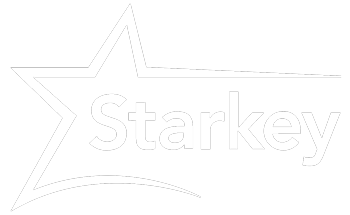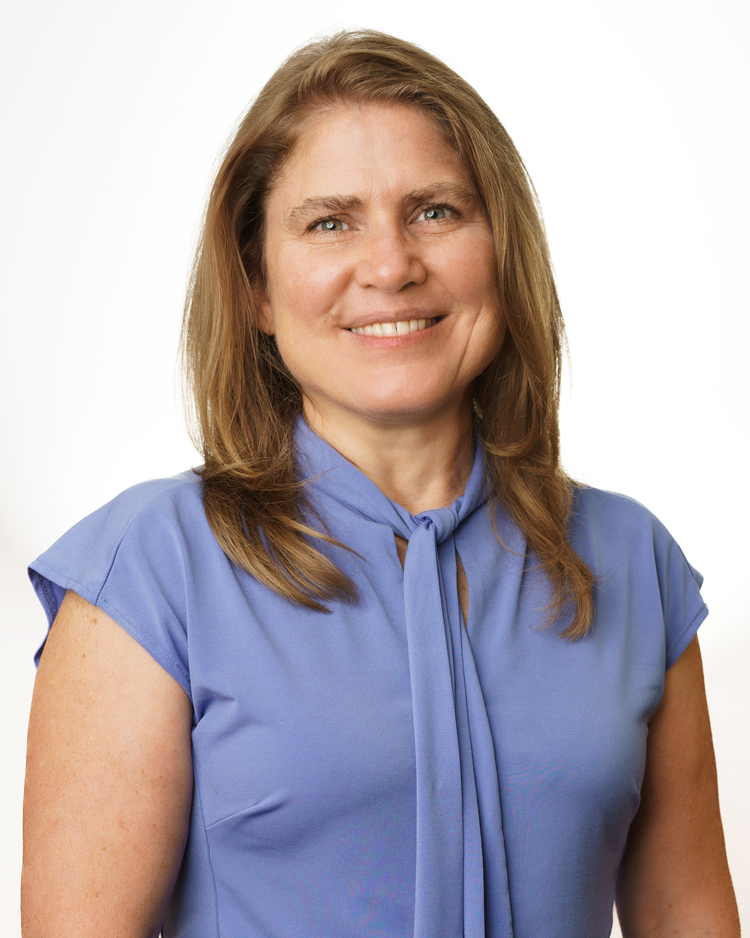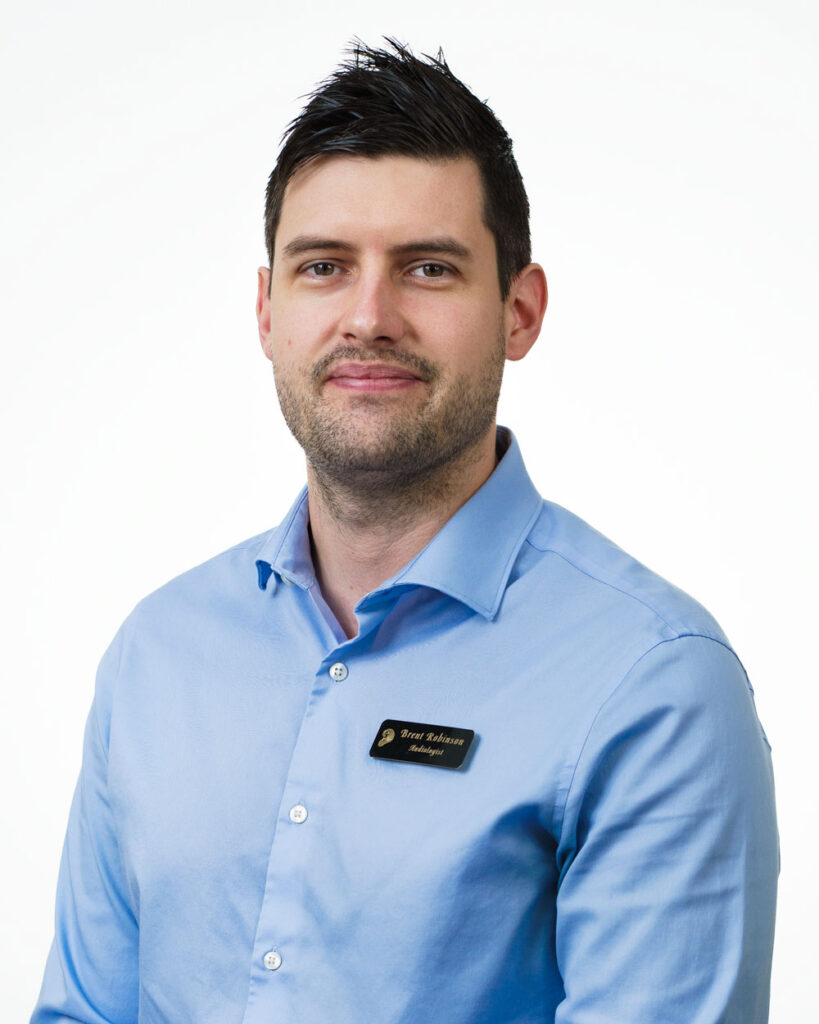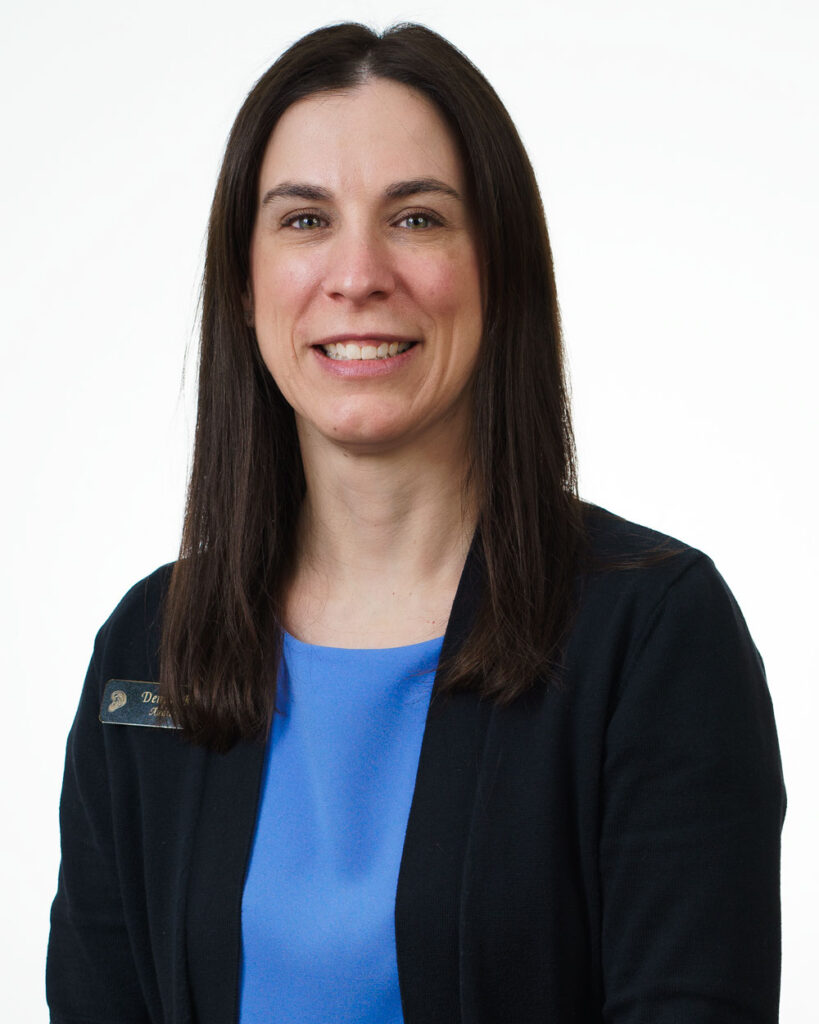A LITTLE BIT
ABOUT US
A LITTLE BIT ABOUT US
YOUR STORY IS
OUR PRIORITY
At Lindsay Ear Clinic, our goal is to provide comprehensive audiological assessments. From the results of these assessments, we will educate, and inform our patients so they can make an informed decision about their hearing needs.
Anne Marie, Denyse and Brent attend both the annual Canadian Academy of Audiology, and the American Academy of Audiology conferences, as well as other mini-conferences held throughout the year in an effort to stay in the forefront of the latest hearing aid technology and audiological research. All staff receive complete training in hearing aid modifications and repairs.
Anne Marie, Jim and staff live, work, play, and raise their children in this community. They like to think of their patients as an extension of their family and treat them with the same care. We are 100% Canadian family-owned.
LOCALLY OWNED MEANS
MORE CHOICE FOR YOU
Discover the latest in hearing aid technology at Lindsay Ear Clinic, where advancements have brought about smaller, smarter, and more versatile devices. As an independently owned clinic, we take pride in offering a variety of brands, ensuring that we can find the perfect device tailored to YOUR individual needs. Our commitment to personalized care and cutting-edge solutions guarantees your satisfaction and an enhanced hearing experience. At Lindsay Ear Clinic, your unique needs are our priority.






ON-SITE AUDIOLOGISTS.
WHY DOES THAT MATTER?
An audiologist is a healthcare professional who specializes in diagnosing, treating, and managing disorders related to the auditory and vestibular systems. Their primary focus is on assessing and treating hearing and balance issues. Here are some key roles and responsibilities of audiologists:
Hearing Assessments: Audiologists conduct various hearing tests to assess the degree and type of hearing loss in patients. These tests may include pure-tone audiometry, speech audiometry, tympanometry, and otoacoustic emissions testing.
Diagnosis of Hearing Disorders: Based on the results of hearing assessments, audiologists diagnose various hearing disorders such as sensorineural hearing loss, conductive hearing loss, and mixed hearing loss.
Prescription and Fitting of Hearing Aids: Audiologists are trained to select, fit, and adjust hearing aids to meet the individual needs of patients with hearing loss. They provide guidance on the proper use and maintenance of hearing aids.
Balance Assessment and Rehabilitation: Audiologists also evaluate and treat balance disorders, including vertigo and dizziness, through vestibular assessments and rehabilitation exercises.
Tinnitus Management: Tinnitus, or ringing in the ears, is another condition that audiologists address. They help patients manage tinnitus through counseling, sound therapy, and other interventions.
Auditory Rehabilitation: Audiologists work with patients to develop communication strategies and provide auditory rehabilitation services to enhance their ability to communicate effectively in various listening environments.
Education and Counseling: Audiologists educate patients and their families about hearing loss, its causes, and available treatment options. They also offer counseling and support to help patients cope with the emotional and psychological aspects of hearing loss.
Research and Advocacy: Many audiologists engage in research to advance the understanding of hearing and balance disorders and to improve treatment outcomes. They may also advocate for policies and programs that promote hearing health and accessibility for individuals with hearing impairments.
Overall, audiologists play a crucial role in helping individuals of all ages prevent, diagnose, and manage hearing and balance disorders, thereby improving their quality of life.




